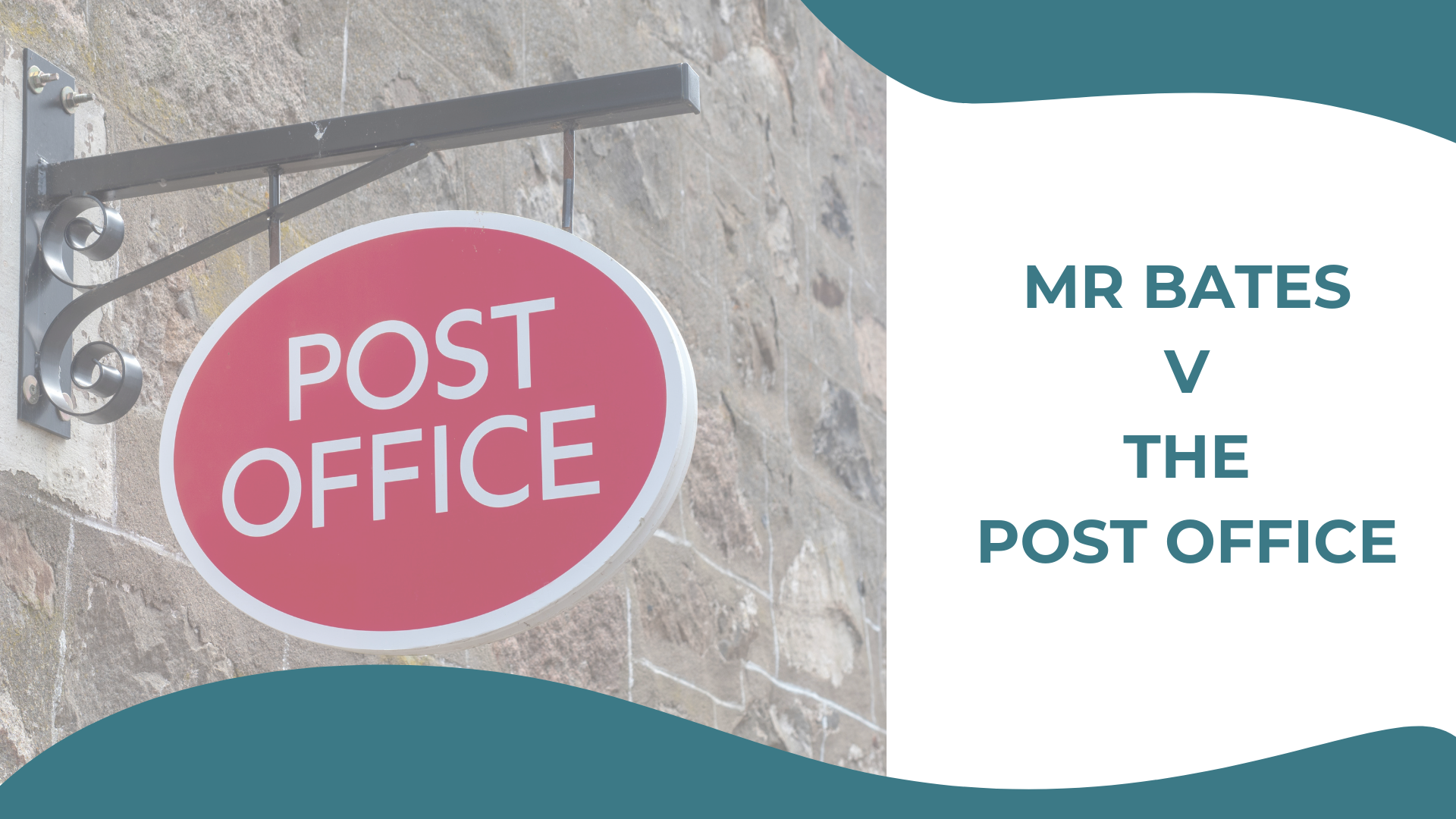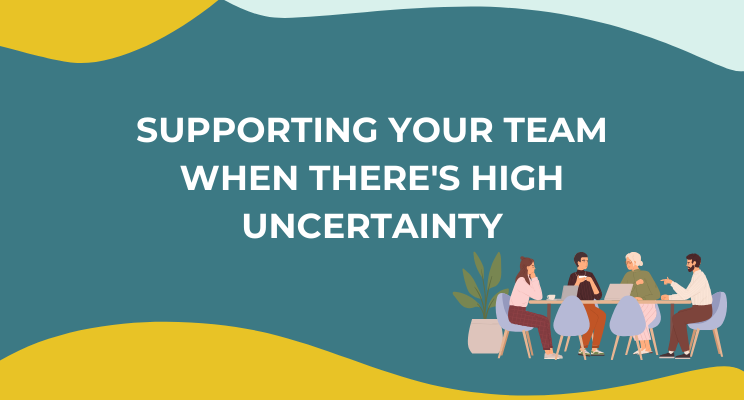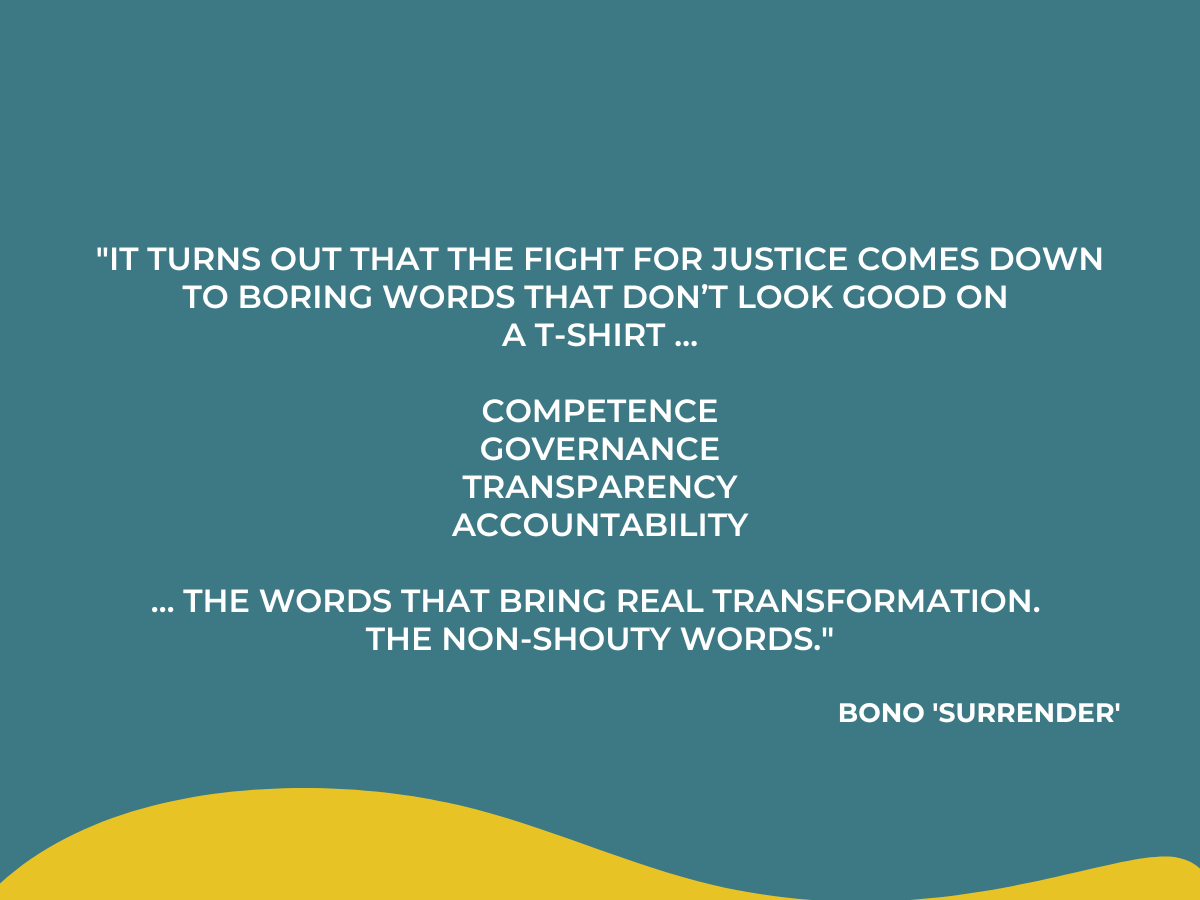I recently attended a CIM (Chartered Institute of Marketing) event this autumn. CIM had surveyed over 500 leading professionals in the City and had asked them what is the most important skill organisations will need in the future?
Their answer wasn’t digital, technology, forecasting, modelling, analytics, or anything like that.
Their answer was plain old interpersonal skills. Wow! I agreed, and I liked the thinking, but I must say I wasn’t expecting it. How we relate well to one another, make sense of difficult problems, work through differences, manage well, lead people are skills that will continue to be highly valued.
My question then was, ‘How good are we at mastering interpersonal skills – personally, in teams, and organisationally?’ Take a moment to reflect on your own experiences.
Maybe you believe you do quite well. You give regular feedback, monitor progress and do all the tasks that need to be done to tick the box. Your team generally like you and you think you do well. All these things are good, but just hear me out…
This past year I have been reading, writing and talking to a lot of Millennials about their views of the workplace. Recently I sat down with two friends, John and Clayton, who have both just completed their graduate schemes in private sector companies in the City of London.
I wanted to know what their most important takeaways were from these schemes and how that will impact the way they continue to develop in the working world. Our conversation kept on leading back to the importance of their Manager. In particular, the willingness of their Manager to ‘back them’ as young graduates.
 For John and Clayton, this meant that they valued managers who actively sought to encourage, inspire and develop them. They explained the necessity for them to have managers who give them responsibilities that might be taking a risk on them. Simply, the tangible act of ‘backing them’ and not managers who only ticked the boxes.
For John and Clayton, this meant that they valued managers who actively sought to encourage, inspire and develop them. They explained the necessity for them to have managers who give them responsibilities that might be taking a risk on them. Simply, the tangible act of ‘backing them’ and not managers who only ticked the boxes.
The same observations were made in other discussions during the Millennial Voices podcast series. Lucy White, in the ‘Managing Millennials’ podcast episode, highlighted the importance of managers who inspire others to go the extra mile. Again, in my conversation with Kathryn Armitage in the episode on ‘Fitness at Work’ we discussed her need for a Manager as a confidante, someone whom she can trust and wants the best for her and her career.
So, take a moment to reflect and ask yourself:
- Where’s my stretch – how much better could I be at inspiring others, taking risks in what I ask of others, investing in developing others?
- When was the last time I simply recommended some good reading or inspirational events to others?
- Finally, do I “back” my team?
I don’t know where you may have landed on these answers, but I hope it has triggered new thinking. Although, if this is an area that you and your organisation would like support in then do get in touch with us. We would love from you.




